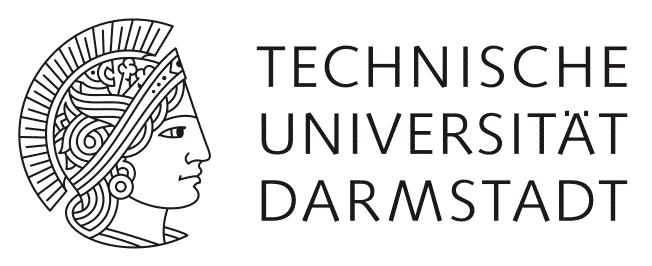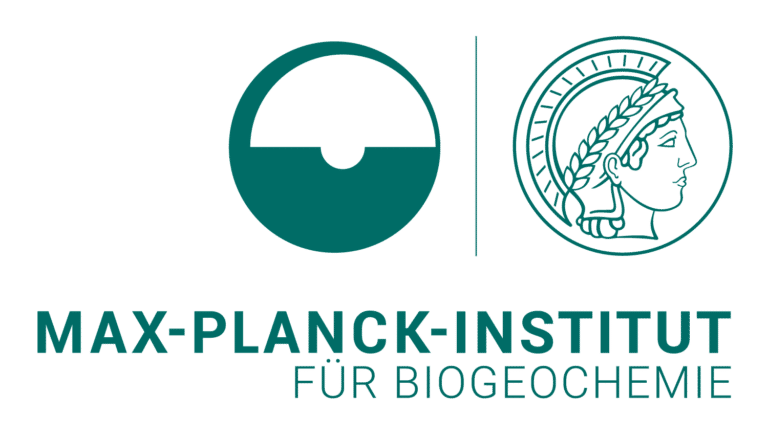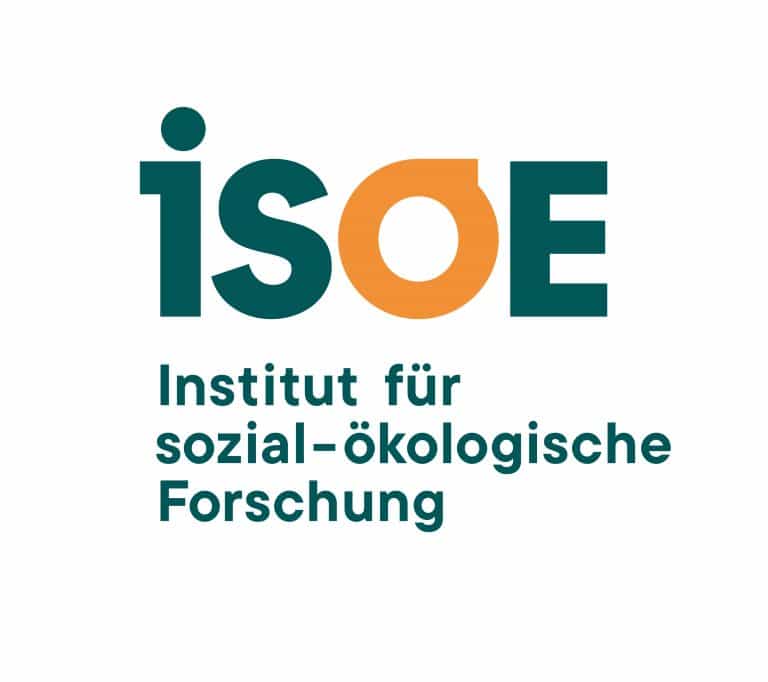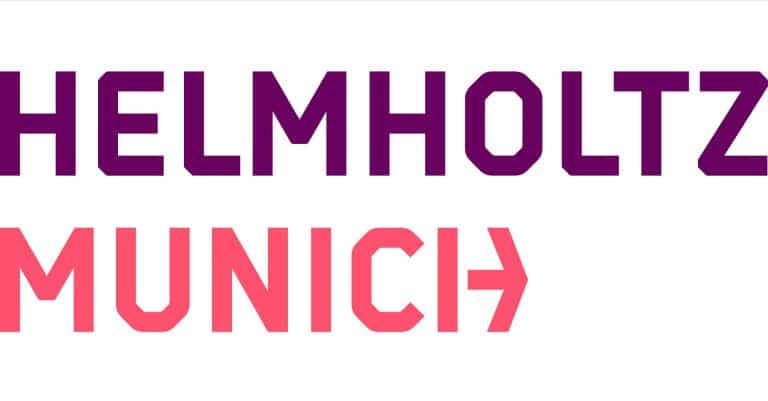#Forest & Deadwood #Microorganisms & Fungi #Soil Ecology #2023 – 2026 #2020 – 2023
MykCZyk (Cooperation project)
The role of the mycorrhizal association in coupling root exudation and rhizosoil C cycling across different forest types
The goal of the project is to investigate how mycorrhizal type (arbuscular mycorrhiza (AM) or ectomycorrhiza (ECM)) controls biogeochemical cycles in natural forest stands.
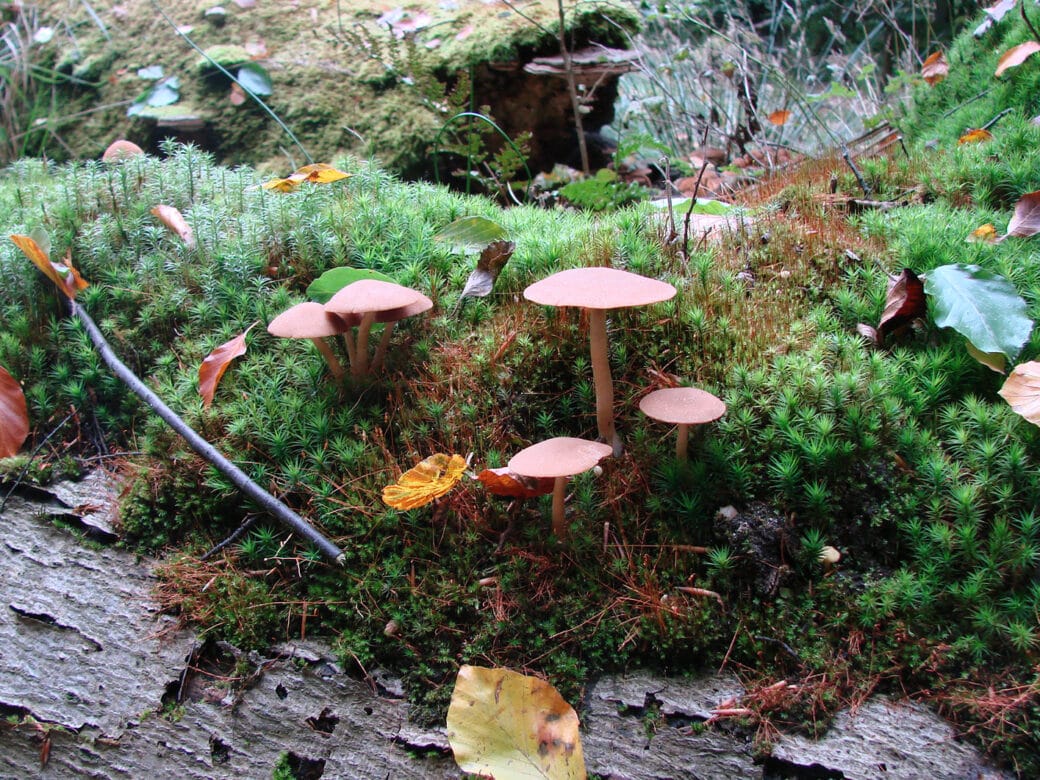
The research project will address the question of what influence the forest type has on these relationships. The targeted gradient will include mixed stands as well as unutilized natural beech forests, as they are part of the biodiversity exploratories in Hainich-Dün.
Data will be collected on the following parameters:
- Root exudation, root morphology and mycorrhization.
- Tree productivity and litter decomposition
- C and N cycles in the rhizosphere.
To this end, the following work will be carried out:
- Quantitative and qualitative analysis of in situ root exudation of AM and ECM tree species.
- Analysis of the morphology and architecture of roots sampled for exudation.
- Determination of the degree and type of mycorrhization.
- Placement of permanent measuring tapes to determine stem growth.
- Setting up litter traps to determine litter production.
- Removal of soil cores to determine fine root mass.
- Placement of litter bags with local litter to determine leaf and root litter decomposition.
- Taking soil cores to measure microbial activity and C and N turnover rates in the rhizosphere and surrounding soil.
Cooperations are projects financed by the cooperation partners’ own funds and thus financially independent of the DFG-funded infrastructure priority program ‟Biodiversity Exploratories (BE)”. They complement the BE with further interesting research content on biodiversity research and in return benefit from the infrastructure of the Biodiversity Exploratories.

